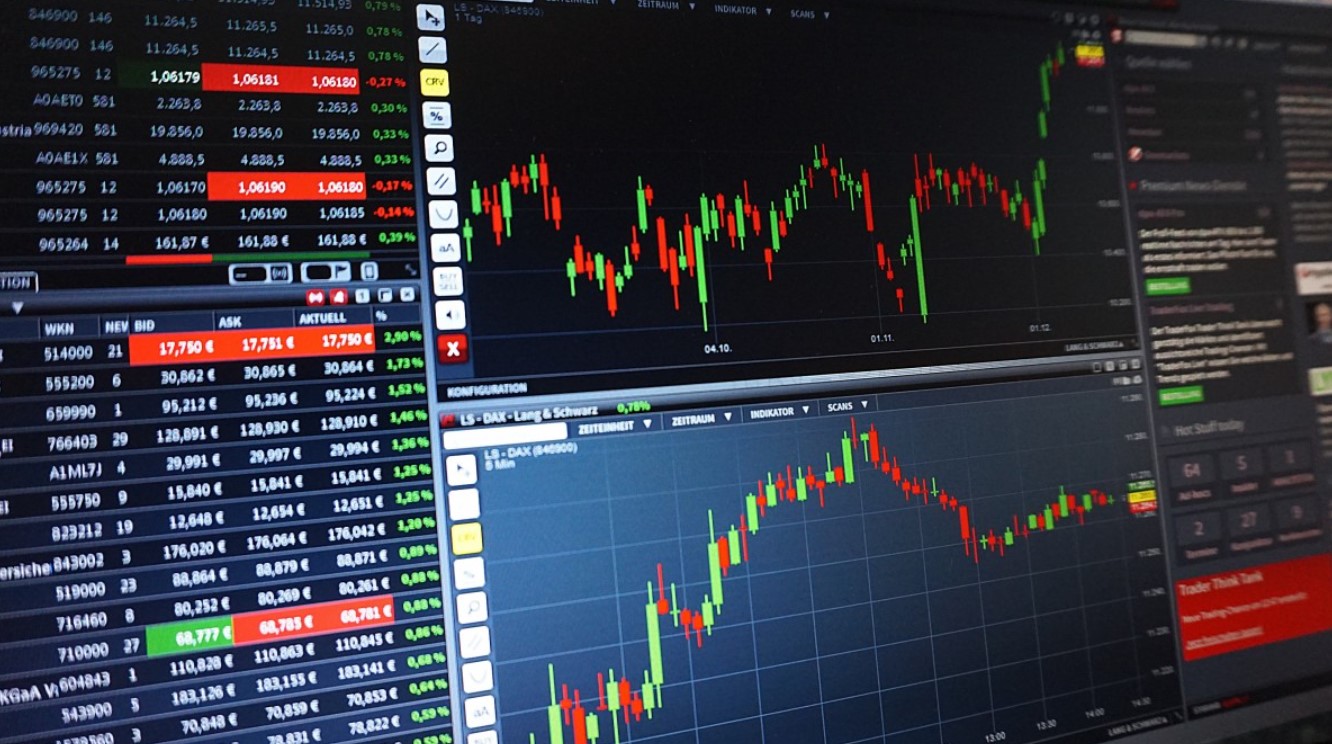For many, the word ‘forex‘ evokes images seen on social media: luxury cars, quick fortunes, and charismatic influencers touting guaranteed trading success.
This high-octane portrayal, focused on rapid wins and flashing charts, has created a major disconnect between perception and reality.
While online hype may capture attention, the real Foreign Exchange (Forex) market is the bedrock of the global financial system.
It is neither a casino nor a path to “fast money.” Understanding this market correctly is the essential first step towards genuine financial literacy.
Here’s what the world’s largest financial market actually is.
What Forex is
Forex, or FX, is simply the decentralised global market where currencies are traded. Currencies are the ultimate economic indicators, and this market, operating 24 hours a day, five days a week, facilitates daily volume in the trillions of US dollars. Its sheer scale and legitimacy are unmatched.
Major participants include banks, governments, institutions, corporates, brokers, and retail traders.
While retail trading, allowing individual investors access to price movements, is a growing segment, it is these institutional players and governments that constitute the core of the market, reinforcing its function as a critical global utility. The central focus here is on its legitimacy and scale.
Why Forex exists
The core purpose of the forex market is to facilitate international commerce and investment. Every time a Cypriot company imports goods from the UK, or a tourist visits Larnaca from the US, currency exchange is necessary.
Real-world functions include facilitating import/export and tourism. It also enables investing abroad and is influenced by interest rate changes. Furthermore, it is vital for ensuring currency stability and hedging. Clear examples include holiday exchange rates, international business, and central bank decisions.
What moves currencies
Unlike a casino game, currency movements are fundamentally driven by measurable, real-world factors. At its most basic, it is governed by supply and demand.
However, that supply and demand is heavily influenced by economic data releases, inflation, and interest rates. Other factors include political stability or turmoil, and overall market sentiment. No forecasting or advice is involved in this explanation.
The role of a regulated broker
For the individual investor to participate in this market, they require the services of a regulated broker. A legitimate broker’s primary role is to provide secure, transparent access to the interbank market.
A regulated broker provides access to the market and must be licensed by recognised authorities. They segregate client funds and offer education, tools, and transparent pricing.
Crucially, a broker does not guarantee profit, push deposits, or comment on individual outcomes.
The focus here is on professionalism, compliance, and transparency.
Why understanding matters
Financial literacy begins with demystifying the essential components of global finance. The forex is not a gamble, it’s a global system that touches every part of life.
By moving past the sensationalism of social media, readers can begin to understand this market as a legitimate, compliant, and essential part of the world’s financial architecture.






Click here to change your cookie preferences